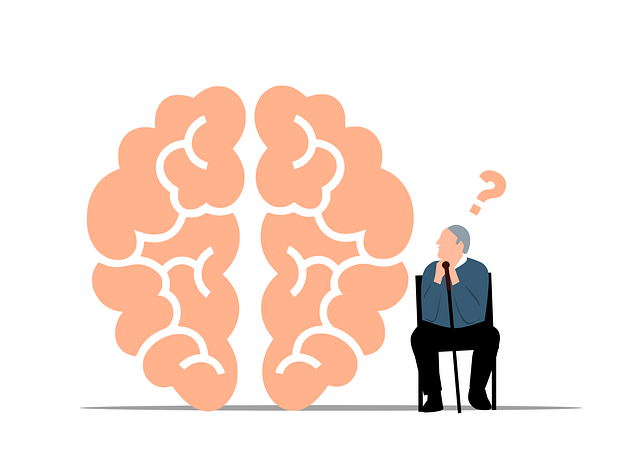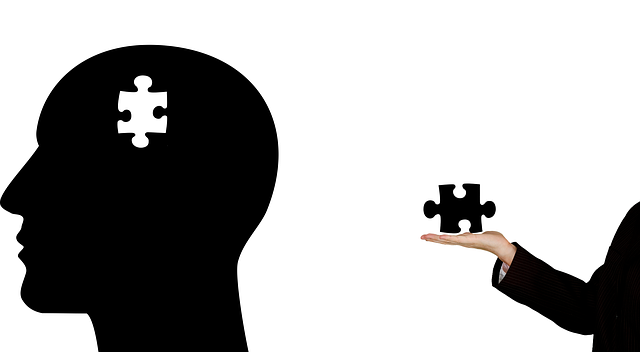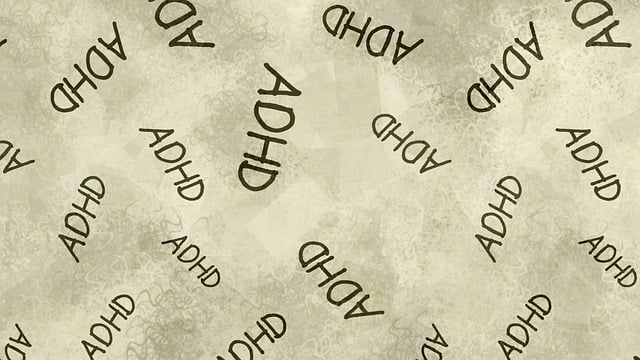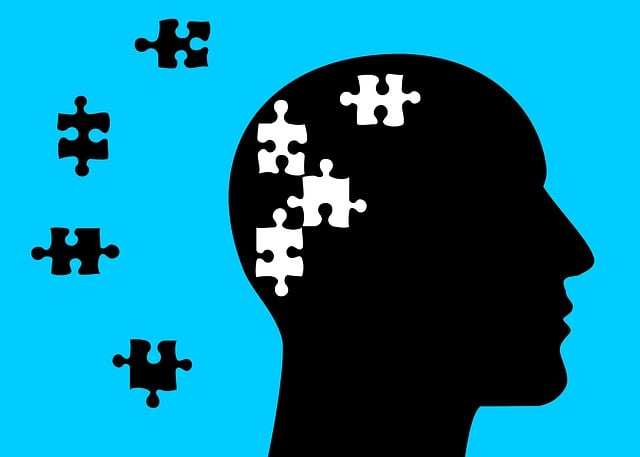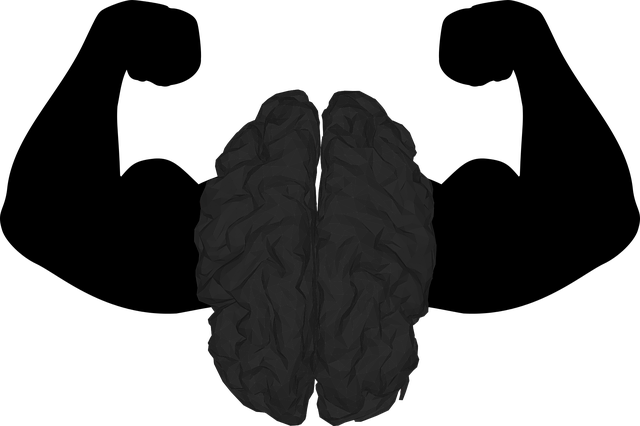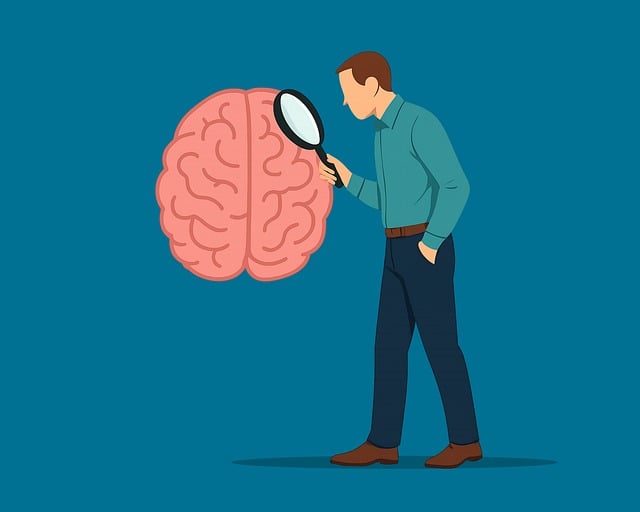Coping skills are essential tools for adults managing life's challenges and stress, with therapy sessions focusing on cognitive-behavioral techniques (CBT) to identify and address triggers. Mindfulness practices, physical activity, balanced diets, and sleep are key long-term strategies. Integrating these into daily routines through journaling and meditation enhances emotional well-being, providing tailored support for diverse populations via mental health awareness campaigns and healthcare provider training, ultimately improving society's stress management.
In today’s fast-paced world, coping skills development is a vital aspect of adult therapy. Understanding and cultivating effective coping strategies can significantly enhance one’s ability to manage stress. This article explores the significance of coping skills in adult therapy, providing practical strategies for effective stress management. We delve into integrating these techniques into daily life, offering a comprehensive approach to help adults navigate challenges with resilience and tranquility. Discover actionable steps towards better mental health and well-being through therapy-backed stress management.
- Understanding Coping Skills and Their Significance in Adult Therapy
- Strategies for Effective Stress Management in Adults
- Integrating Coping Techniques into Daily Life: A Comprehensive Approach
Understanding Coping Skills and Their Significance in Adult Therapy

Coping skills are essential tools for adults navigating life’s challenges and stressors. In therapy for adults, understanding and cultivating effective coping strategies is paramount. These skills enable individuals to manage emotions, reduce stress, and promote overall well-being. Development of inner strength through coping mechanisms empowers people to confront difficulties head-on, fostering resilience in the face of adversity.
The significance of coping skills extends beyond individual growth; it impacts public awareness campaigns aimed at mental health advocacy. By equipping adults with robust coping tools, therapy sessions contribute to a society better equipped to handle stress and emotional challenges. Moreover, healthcare provider cultural competency training emphasizes the role of teaching coping skills, ensuring diverse populations receive comprehensive support tailored to their unique needs.
Strategies for Effective Stress Management in Adults

Stress is an inevitable part of life, but adults can develop effective coping strategies to manage it. One powerful tool for stress management in adults is therapy, which offers a safe space to explore and understand stress triggers. Through cognitive-behavioral therapy (CBT), individuals learn to challenge negative thought patterns and replace them with healthier ones, thereby improving emotional regulation. This type of therapy has been proven effective in depression prevention and reducing the impact of mental illness stigma.
Additionally, mindfulness practices such as meditation and deep breathing exercises are simple yet potent techniques for immediate stress relief. Engaging in regular physical activity, maintaining a balanced diet, and securing adequate sleep also play significant roles in long-term stress management. Integrating these strategies into daily routines empowers adults to navigate life’s challenges with resilience and grace.
Integrating Coping Techniques into Daily Life: A Comprehensive Approach

Integrating coping techniques into daily life is a comprehensive approach to managing stress and promoting mental wellness. Effective strategies such as mindfulness, meditation, and journaling can be seamlessly incorporated into routine activities. For instance, setting aside just 10 minutes each morning for mindful breathing exercises or keeping a mental wellness journal to reflect on the day’s experiences can significantly reduce stress levels throughout the day. These practices not only provide stress reduction methods but also offer anxiety relief, helping individuals cultivate a sense of calm and resilience.
Therapy for adults often emphasizes these techniques as part of a holistic treatment plan, guiding clients in tailoring coping mechanisms to their unique needs. Regular practice strengthens an individual’s ability to navigate challenging situations and promotes overall emotional well-being. By combining journaling exercise guidance with other evidence-based stress management techniques, individuals can create a powerful toolkit for maintaining mental balance, ensuring they are equipped to handle life’s stressors effectively.
Coping skills development is a vital component of therapy for adults, offering effective strategies for stress management. By integrating techniques from the article’s discussed sections—understanding coping mechanisms, adopting effective stress management practices, and applying them daily—adults can enhance their resilience and overall well-being. These skills not only help navigate life’s challenges but also promote a sense of calm and control, ensuring a more balanced and fulfilling adult life.

